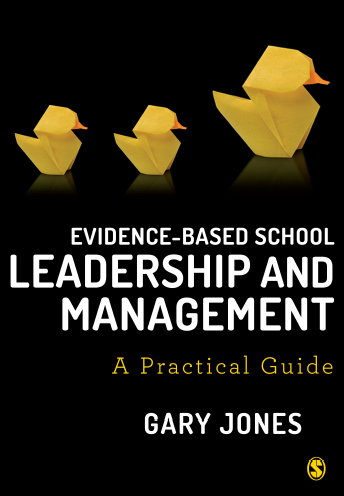In my former life as a teacher, I all too often experienced the following: I would do what I hoped was a really interesting lesson which explored deeply profound truths, mixed in with the odd ‘throw away’ comment to lighten the mood. Unfortunately, my pupils would completely forget the profound truths but remember the glib, throw away comment. Despite my best efforts to learn from my experience so as to not make the same mistake in my new role as occasional speaker and blogger, similar experiences seem to be following me around.
Recently I was delivering a keynote on the principles of evidence-based practice and I made an off-the cuff remark along the lines of ‘if Twitter is your best CPD, get help.’ This comment was soon ‘out-there’ on social media and the Twittersphere and was being retweeted with some commentators taking offence at the tone of my comment. Now, given that I normally go out of my way to try and avoid making inflammatory comments on Twitter, but more importantly I like to try and support whatever comments I make with some form of evidence, I felt I had let myself down. So I welcomed with open-arms the recent publication of a systematic review on formally organised and informally developed professional learning groups by Lantz-Andersson, Lundin, et al. (2018), which I hope will now allow me to make some informed comment on the use of Twitter and teacher CPD.
………………..
This blog was first published on the TDT website on Tuesday 25 September, 2018
